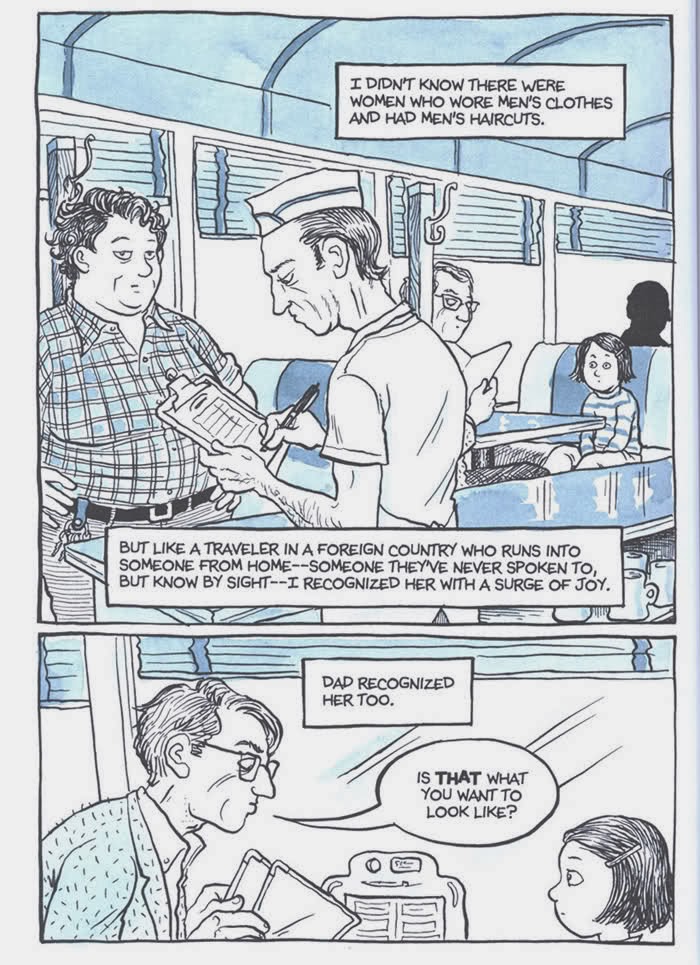On Memory and Methodology

Academic historians have a favorite question for me. I wish I could say that it is irrelevant to my interests and concerns. However, it actually does matter quite a bit, though it matters differently for me , I think, than it does in the way the askers intend. The question is always a very polite and well-intentioned attempt to ask me if I missed the memo that tells historians that memories are untrustworthy as sources of historical information. "You do know that you aren't supposed to trust memories to be descriptive of actual events, right? Right? OK. As long as you know." "Memory is a poet, not an historian." Historians tend to criticize the practie using of remembrance as a source for interpreting the past. Without other corroborating sources, it is OK to discuss people's remembrances and recollections of the past only as long as one does not suggest that those recollections relate in any meaningfu...
